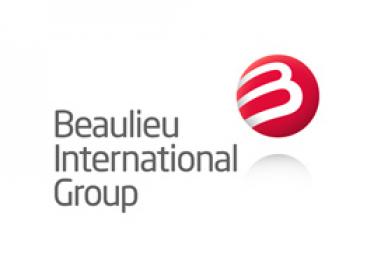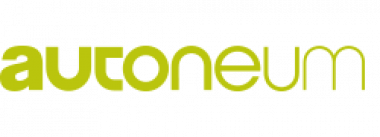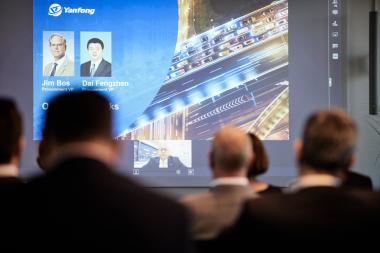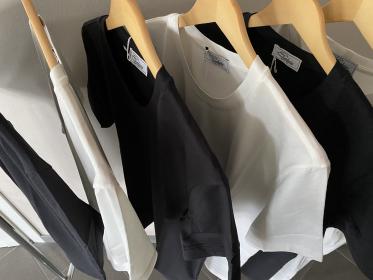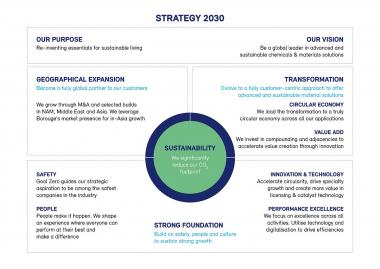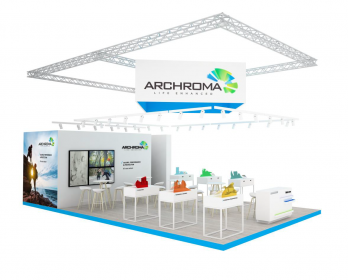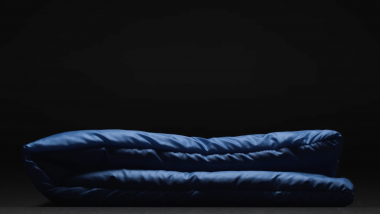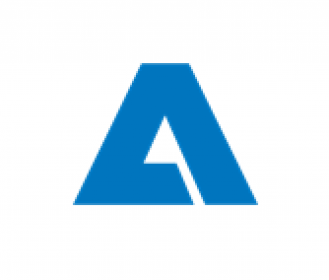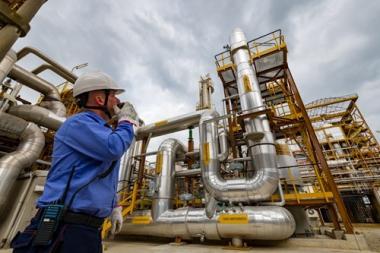DyStar Celebrates 125 Years of Indigo Excellence
The story started with a huge market demand for the industrial synthesis of Indigo during the late nineteen century. The first Industrial Synthesis of Indigo, Indigo Pure BASF, was successfully manufactured and introduced into the market by BASF in July 1897. It was a significant achievement for the German Chemical Industry.
Over the years, the product has made revolutionary changes to the supply chain. New technologies enabled the transformation of Synthetic Indigo Powder application to pre-reduced DyStar® Indigo Vat 40% Solution. Being the pioneer in the market, the pre-reduced solution set an important industry milestone when it was first launched in 1998.
DyStar’s innovation remains a core catalyst in our chemistry research and development journey. When the DyStar® Indigo Vat 40% Solution was introduced, the core intelligence lies behind the benefits from Sustainability to Health and Safety. The technology transforms Indigo into its soluble Leuco form, making the Indigo dyeing process more sustainable, efficient, and stable in production. In addition, workers in Denim Mills can be assured of product safety as well.
Similarly, in recent modules under Cadira® Denim, DyStar introduced the first salt-free Indigo dyeing process in history. The applied technology completely eliminates hydrosulphite in the application of Indigo.
Dystar










